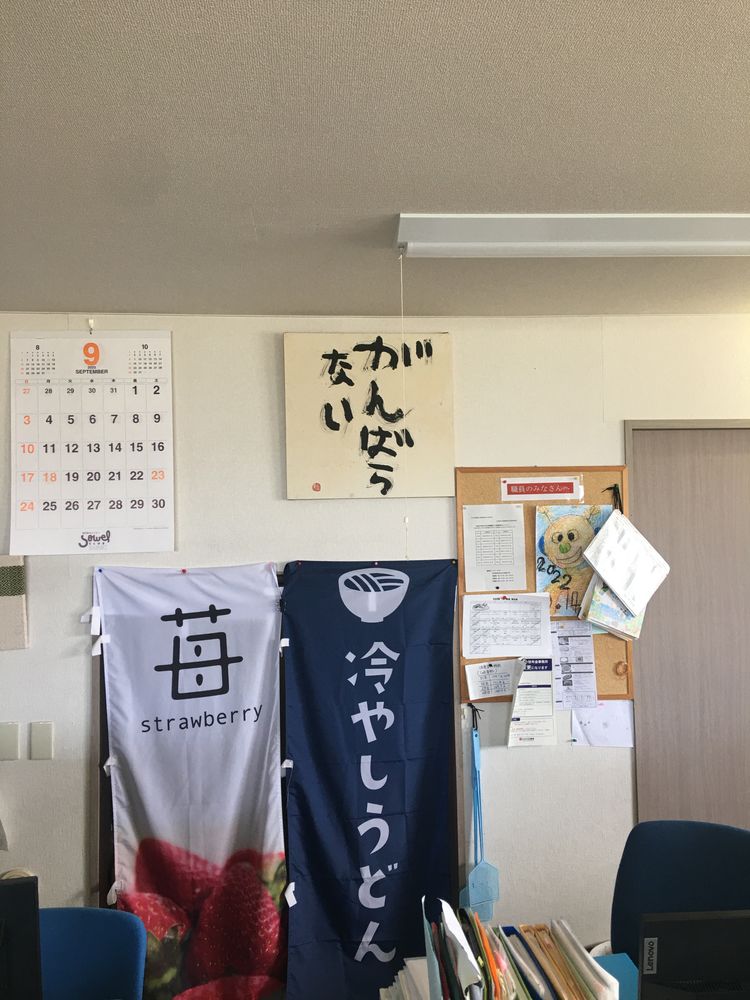We're back! Change, Reflection, and Dialogue

Around the time I began this journey of learning, writing, and conversing about our world and reality, I conceptualized an idea that I coined as the "societal imaginative capacity."
I borrowed from C.W. Mill's idea of the sociological imagination, and wanted to centralize my thinking around this question:
How well can we actually understand reality?
Of course, this question is a philosophically, culturally, sociologically, psychologically, and linguistically loaded question. Can we really measure how "well" we are understanding something? How do we conceptualize an "understanding?" What is reality? And if we begin from the standpoint that we can in fact infer what "reality" is, how can I show that we in fact are or are not understanding reality fully?
Ok, that's enough!
What I want to point to from that endless pit of questions is that contemplating and thinking about such a question may have been a reach. So as to simplify the question for myself, I decided to focus on one aspect of this (which in of itself may be just as loaded as the earlier question):
What am I and/or we in relation to reality?
This question came about as the premise to the earlier question, on how well do we perceive/understand/interpret, etc reality, builds from the premise that some entity is attempting to do so in the first place.
And if you have been following the writing on this domain for a while, you may notice that a lot of the posts center around this question. From questioning who we are in relation to our past, in relation to others, or even in relation to the narratives posed by others onto us; it has been a central theme to my writing over the past year.
However, to be frank, I was often quite frustrated by the limits of what I decided to be a proper length of an "article." Oftentimes, I would write out a 10,000-word article and strip it down to a manageable piece of 2~3,000. Although there is much value in such concise and pointed writing, it inevitably left a bitter flavor in my mouth as I read over each piece.
It felt as if I was presenting an answer more than creating a thematic story open to dialogue. As seen above, the questions I am presenting should and can not sulk in the mind of an individual writer – of course, the concept of the "individual" must also be greatly contested.
To my gratitude, my readers (you!) have responded to my writing with great insights and commentary which has kept this project alive. But it's time to change.
The fast-paced, consumerist, and achievement-based society many of us are a part of may shriek at this, but we are going to slow down.
And I don't mean this like a shortstop before turning back onto the highway, but to slow down and take the backroads 24/7.
Instead of weekly articles that present a certain narrative, the newsletters will mostly share insightful conversations/readings/videos/podcasts that I encountered or was recommended – with short paragraphs that summarize each piece. Others may briefly introduce a new topic, theory, or theme. But the bulk of my writing will now become much, much slower.
Like, 40,000 words slower.
Stay tuned.
Hosanna
![[Guest Post] Exploring Colonial History through Art](/content/images/size/w750/2023/11/graphite-island-banner.png)
